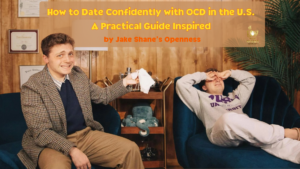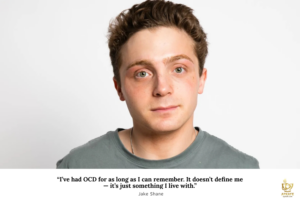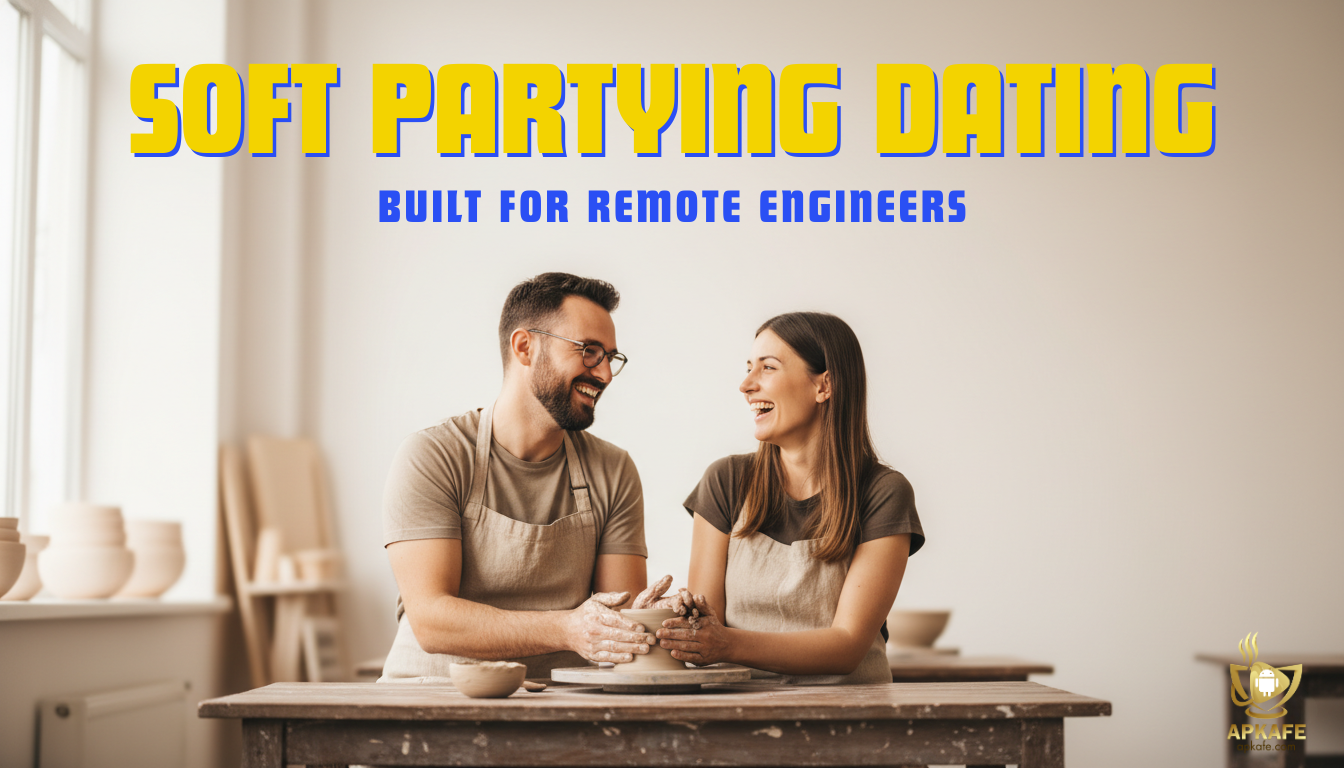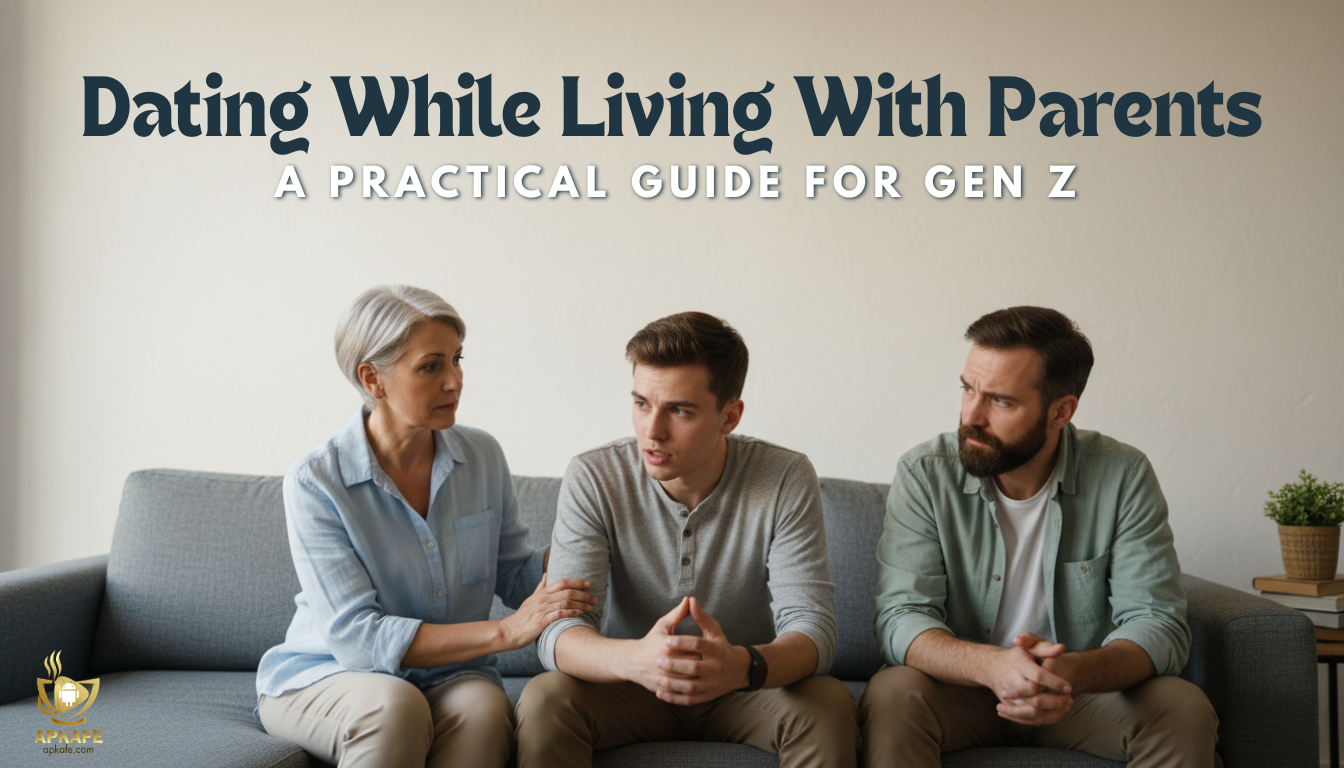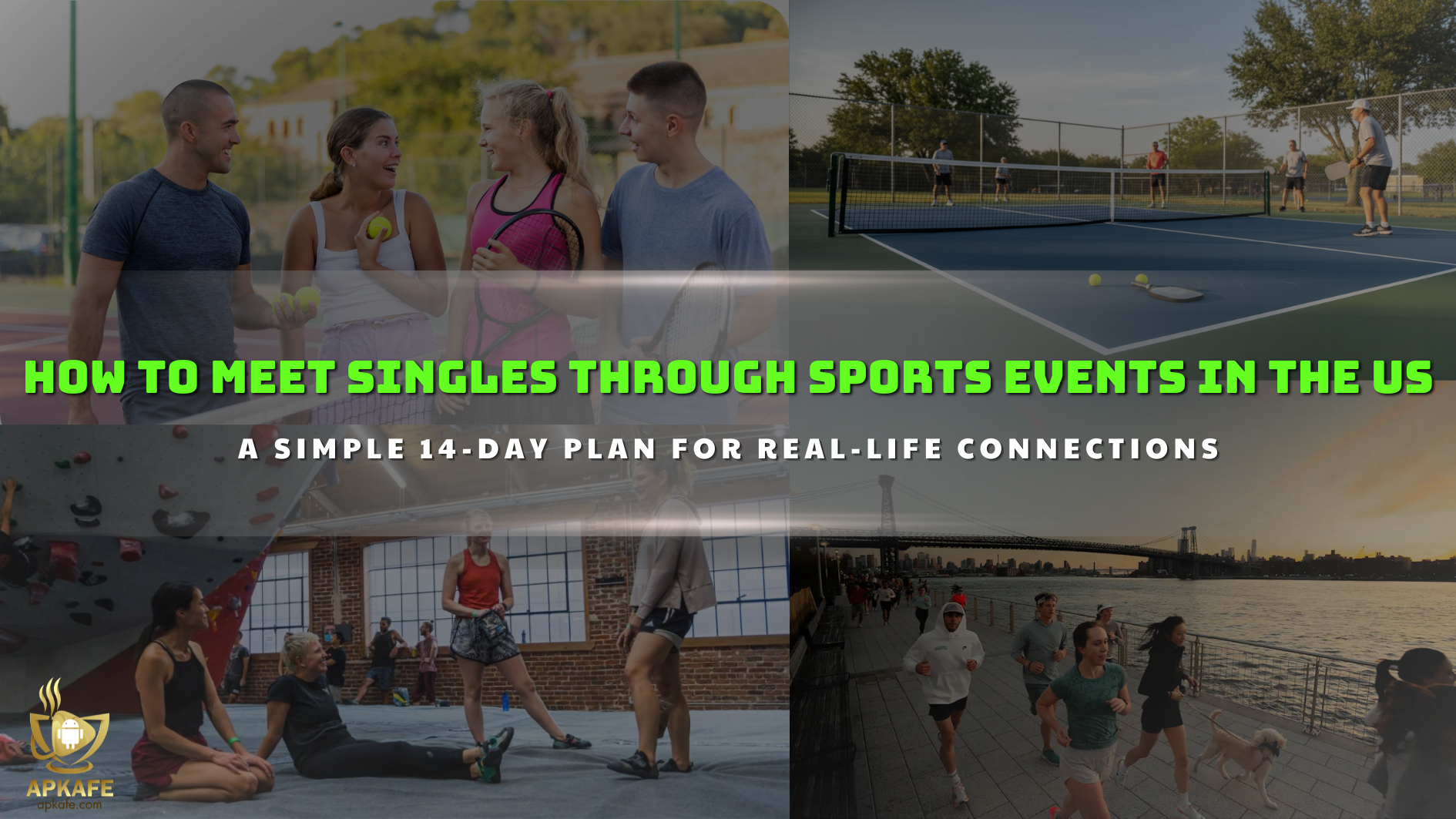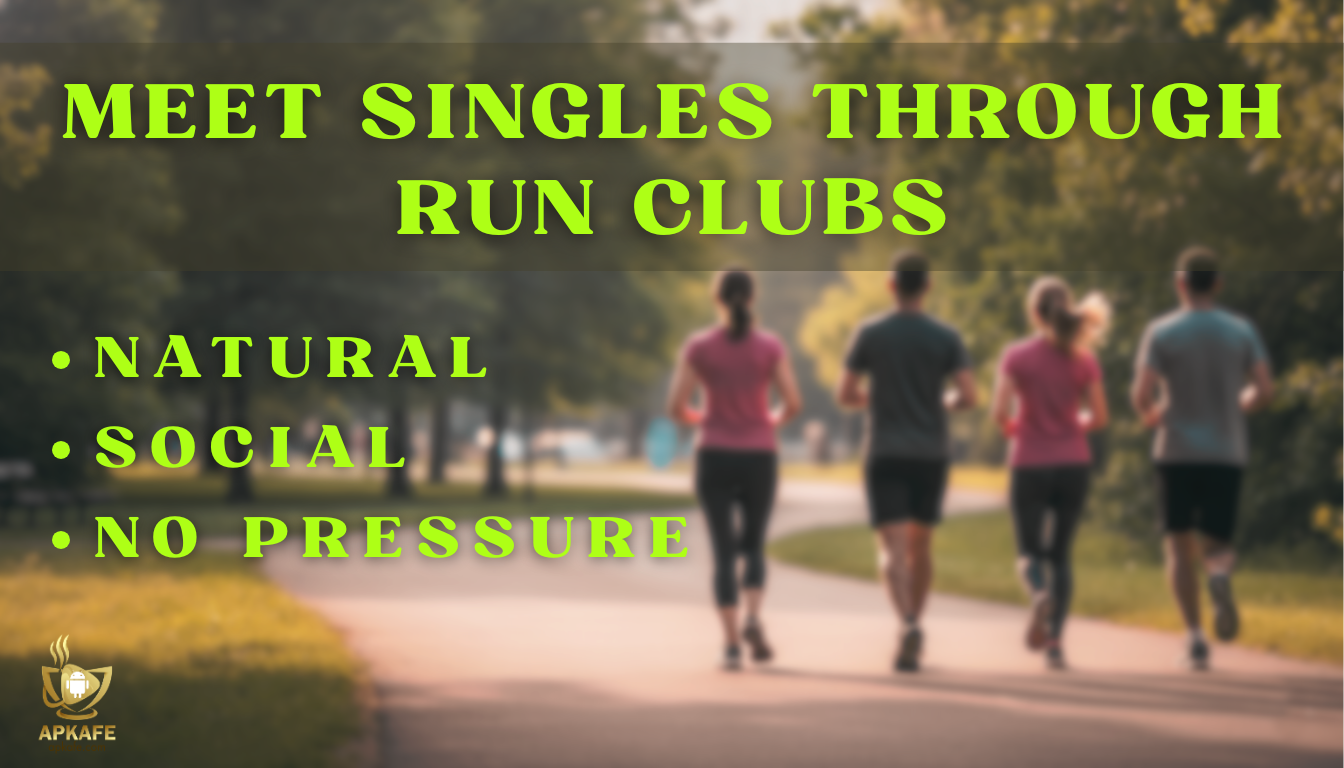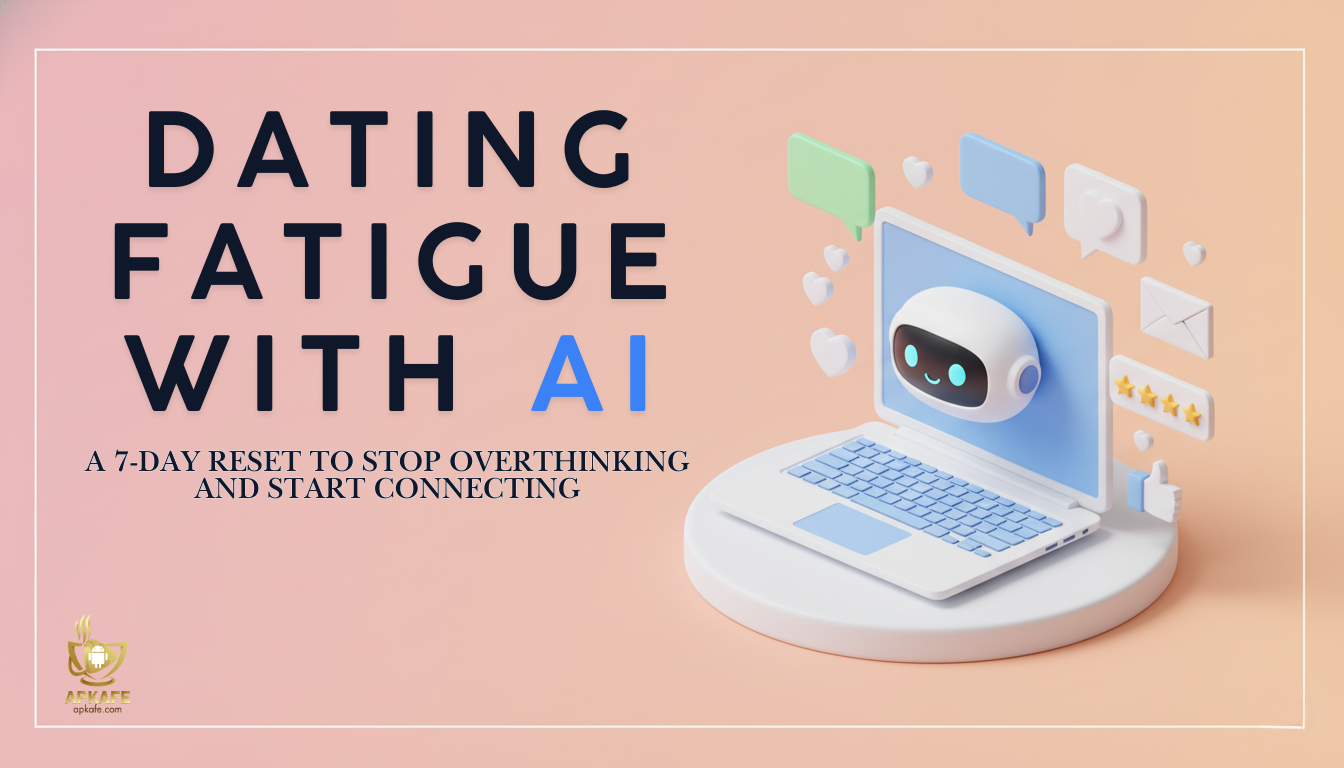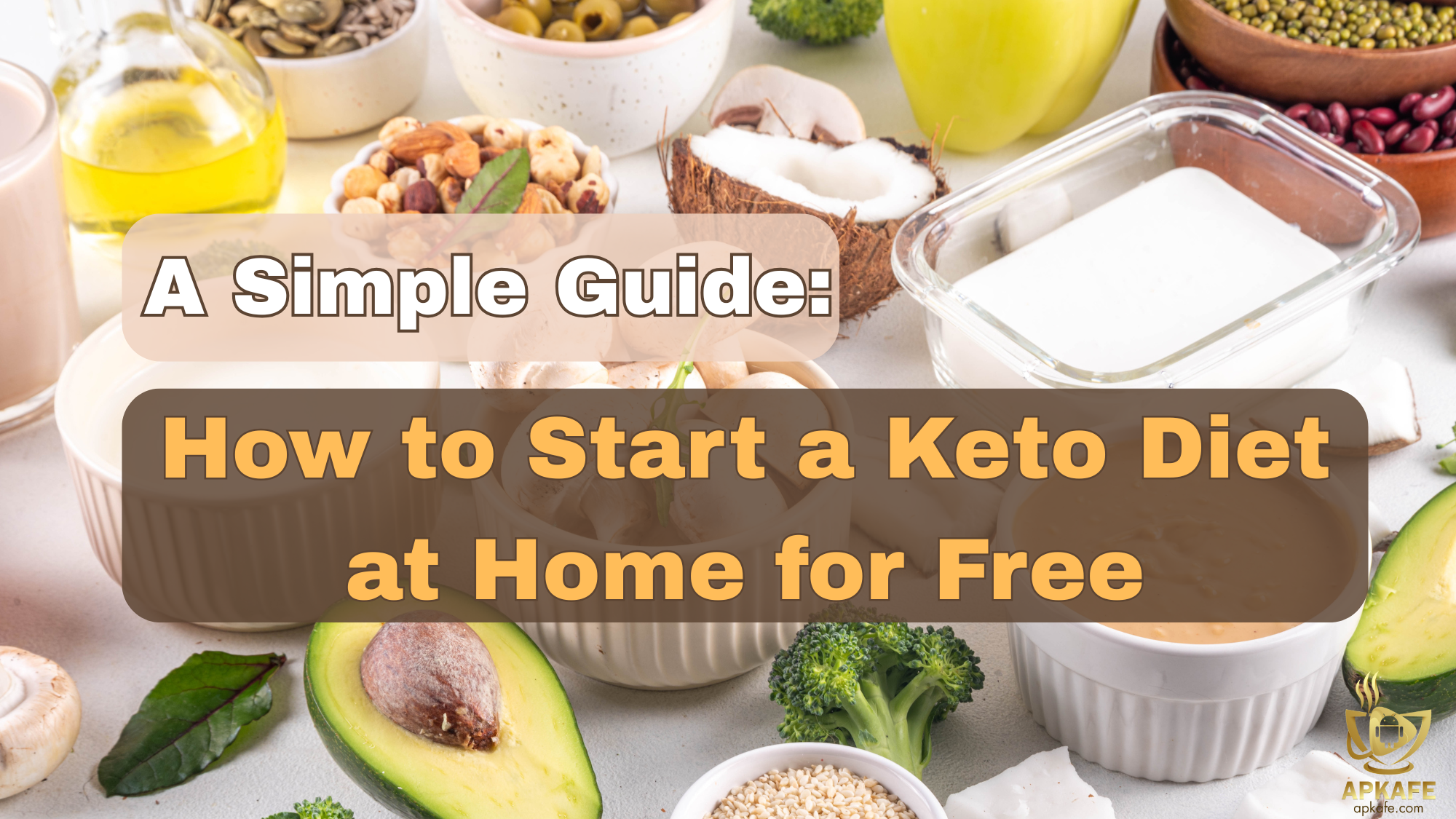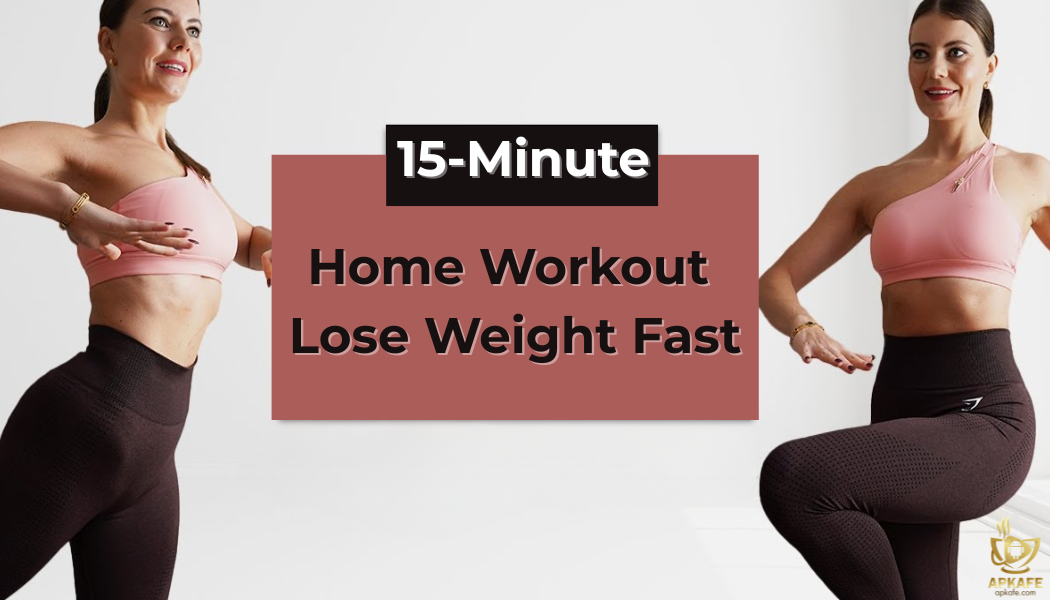How to Date Confidently with OCD in the U.S. — A Practical Guide Inspired by Jake Shane’s Openness
Dating today can feel exciting, confusing, and overwhelming all at once — especially when you're trying to balance emotions, expectations, and the reality of modern apps. This guide keeps things simple and practical, giving you clear steps, real examples, and supportive insights so you can navigate dating with more confidence and clarity. Whether you're starting fresh or looking to improve your experience, you’ll find everything you need to move forward in a grounded, empowered way.
Dating is already confusing enough — but if you live with OCD, you know it can feel like dating plus an entire internal commentary track layered on top. Maybe you reread messages over and over before hitting Send. Maybe you spiral when someone replies later than expected. Maybe you worry that your thoughts or rituals will scare someone off.
If any of that sounds familiar, you’re in the right place.
One of the reasons people connect with Jake Shane — the creator known for his candid humor and emotional transparency — is that he talks openly about his OCD. He doesn’t pretend it isn’t there. He doesn’t apologize for it. Instead, he shows that you can live with it, name it, laugh about it, and still be deeply lovable and deeply yourself.
And that’s the energy this guide wants to help you bring into your dating life.
By the end, you’ll have a step-by-step playbook for navigating modern dating apps (Bumble, Tinder, Hinge, OkCupid, HER, Grindr), managing real-world dates, communicating honestly, and staying grounded through the ups and downs. You’ll also get safety guidance grounded in APKAFE’s U.S. dating safety playbook — an essential foundation for anyone dating online today.
Dating confidently with OCD doesn’t require perfection — it requires grounding.
How OCD Shows Up When You’re Dating With OCD (and Why Understanding This Helps You Immediately)
⭐ Once you understand how OCD shows up in dating, you can stop blaming yourself and start navigating with clarity instead of fear.
Dating doesn’t just activate your attraction system — it activates your fear system. And when you live with OCD, that fear system can fire early and often. Understanding the patterns is the first step to reducing their pull.
Think about these moments:
- You type a message, reread it 14 times, delete it, rewrite it, and only send it after giving yourself a mini pep talk.
- You stare at a “Seen 9:42 PM” for an hour, convinced you’ve said something wrong.
One of the biggest challenges when dating confidently with OCD is separating fear from fact.
- You fixate on whether your profile is “enough,” “too much,” or “not the right vibe.”
- You scroll through their photos trying to decode micro-expressions or hidden meaning.
These aren’t personal flaws — they’re OCD seeking certainty in a space (dating) that is inherently uncertain.
A survey from Anxiety & Dating US (2023) reported that 68% of anxiety spikes triggered by “slow replies” turned out to be false alarms. People weren’t upset, bored, or rejected — they were just cooking dinner, at the gym, on a call, or decompressing from work.
When you recognize that OCD is demanding “guarantees” that dating can never provide, something shifts. You start giving yourself permission not to chase those guarantees. You stop confusing OCD alarms with real threats. You begin to breathe again.
📝“I was diagnosed with OCD at 21, though I’ve dealt with its symptoms since I was seven. My mind would fixate on things like the number of words in a comment or touching things evenly. When my TikTok blew up, my OCD spiked again — every post had to be perfect, or else I worried I’d be forgotten.” — Jake Shane, in an interview.
And once you can see these patterns clearly, the next step is creating a dating profile that actually supports your calm instead of feeding your overthinking
Build a Profile That Reduces Overthinking (Not Increases It)
✨ A well-designed profile doesn’t just attract better matches — it also protects your mind from spiraling every time you open the app.
Most people think a dating profile is about impressing strangers. But for people with OCD, a profile is also about not triggering your own overanalysis every time you open the app.
Jake Shane’s content gives us a key takeaway: people respond to honesty and simplicity far more than they respond to perfection.
A simple, low-pressure structure that works:
- 3 photos
Keep them natural, well-lit, and true to your real life. Not staged. Not hyper-edited. - 1 prompt about what brings you joy
Hinge, Bumble, and OkCupid all allow this.
Example:
“A small thing that makes my week better: morning walks before my brain gets busy.”
- 1 sentence about your values
People connect with this far more than you’d expect.
Example:
“I appreciate honesty, calm communication, and not taking life too seriously.”
A Hinge user interviewed by APKAFE shared that when they cut their profile from 150 words to a “3 photos + 1 value + 1 joy” setup, they felt instantly calmer — and ironically, got more matches.
If you want to date confidently with OCD, keep your profile simple enough that it doesn’t trigger analysis loops.
Tailor your profile to each app
Different apps have different energies:
- Bumble: Short and casual.
- Hinge: Story-driven prompts.
- Tinder: Clear and simple (don’t over-write).
- OkCupid: Great for communicating identity, boundaries, and values.
- HER: Queer-friendly, slower-paced, community feel.
- Grindr: Fast-paced; set boundaries early.
Helpful internal resources:
➡️ Now that your profile feels grounded and simple, it’s time to tackle the next challenge — messaging without falling into the overthinking trap.
Messaging Without Spiraling: Scripts That Calm the Mind
Messaging is usually the hardest part of dating with OCD because uncertainty triggers spirals.
✨ Messaging doesn’t have to feel like a mental minefield — with the right scripts, you can keep conversations light, warm, and under control.
Messaging is where OCD often goes into overdrive.
The brain starts offering unhelpful thoughts like:
- “You sound weird.”
- “They think you’re too much.”
- “You should’ve said something different.”
- “They read your message 10 minutes ago. Something is wrong.”
Let’s break the cycle.
Openers that feel natural (Jake Shane–inspired)
These feel warm yet low-pressure — perfect if you’re prone to overthinking:
- “Your profile made me smile — what’s one small joy in your week?”
- “Loved your vibe. What’s something you’re excited about lately?”
- “This might be random, but your photo at the park looks like a great day. What was happening?”
Short, sincere, and genuine ease.
How to handle slow replies (without spiraling)
Instead of assuming the worst, try these grounding phrases:
- “People reply when they have emotional bandwidth.”
- “A delay is not rejection.”
- “Nothing catastrophic happened — it’s just texting.”
Set a 2-hour pause rule before revisiting a “slow” conversation. Nervous brains jump to conclusions — but conversations often resume naturally.
Hinge’s 2022 user insights showed that 55% of people reply later simply because they want to give a thoughtful response, not because they’re losing interest.
Questions to gently re-center yourself:
- “If my best friend got this reply delayed, what would I tell them?”
- “What is another possible explanation besides rejection?”
- “Is this my fear talking or actual evidence?”
➡️ Once you feel steady in your messages, you can take the next empowering step — deciding when and how to talk about your OCD openly.
How to Disclose OCD While Dating Confidently — Three Safe Approaches
✨ You never owe anyone a full mental health history early on. Your diagnosis is not a test you must pass before someone likes you.
But if you want to share, here are three gentle, safe formats.
Level 1 — Light disclosure
A soft mention, no details:
“I tend to overthink sometimes, so I take my time with messages.”
Level 2 — Context-only disclosure
Explains behavior, not diagnosis:
“If I’m anxious, I reply a little slower to stay grounded.”
Level 3 — Values-first disclosure
The warmest and often the most comfortable:
“I value honesty and calm communication. It helps me show up more genuinely.”
Many dating coaches report that “values-first disclosure” is the safest way for people with anxiety or OCD to share without oversharing.
Learning when and how to disclose OCD is part of dating confidently with OCD.
Check in with yourself before disclosing:
- “Am I sharing for connection, or because I feel pressured?”
- “Does this person earn my sensitivity?”
- “Would knowing this help me feel safer?”
Disclosure should empower you — not expose you.
⭐ And once you know how to share at your own pace, it’s equally important to set boundaries that keep your emotional world safe.
Boundaries That Protect Your Peace (Without Killing the Vibe)
✨ Clear boundaries don’t push people away — they draw the right people closer and protect your mental space.
A healthy boundary can actually increase attraction — it signals self-respect.
Many people with OCD feel overwhelmed or overstimulated in early dating. Boundaries help prevent anxiety spikes.
Boundaries for messaging
- “I like keeping conversations at a calm pace — I’m not always glued to my phone.”
- “I prefer voice calls after a few days instead of right away.”
Boundaries for meeting
- First meet in a café or public place.
- You handle your own transportation.
- Keep the first meeting short (45–90 minutes).
Boundaries are essential when dating confidently with OCD because they create emotional safety.
Red flags that particularly matter for someone with OCD
- They pressure you to meet immediately.
- They get angry when you need time to think.
- They joke about your mental health or anxiety.
- They demand emotional intimacy too fast.
A partner who respects your boundaries is a partner who can help you feel grounded.
Related reading for self-awareness & identity safety: Elliot Page coming-out lessons
⭐ With boundaries in place, the next step is learning how to stay centered during real-life dates, even when anxiety tries to take the wheel.
Managing OCD During Real-Life Dates
✨ You can absolutely enjoy a date even if your mind feels busy — it just takes a few grounding habits you can rely on.
Let’s talk about the actual moment: you’re sitting across from someone you like.
Your heartbeat is quick. You’re excited. You’re nervous. You’re trying to appear calm.
If OCD spikes, here’s what to do.
Before the date:
- Use a 30–60 second grounding exercise (4-second inhale, 4-second exhale).
- Walk for 5 minutes before heading in.
- Remind yourself: “My job is to be present, not perfect.”
During the date
These micro-strategies are invisible to others:
- Pick an anchor
A physical object (your glass, your ring, the table) you can look at for 3 seconds to reset.
- Release the need to “perform”
You’re not auditioning. You’re connecting — two totally different energies.
- Use the “one-beat reset”
Pause for one breath before responding if your mind races.
- Step away if needed
A 1-minute restroom break can save the entire date.
Many people report that simply naming what they feel — even silently — reduces anxiety by 25–40%.
After the date
- Avoid replaying the whole evening.
- Write down three things you did well.
- Do something grounding at home (shower, warm drink, music).
- Wait until the next day to judge how you actually feel.
The person you went out with is evaluating their own thoughts — not dissecting yours.
Real-life dates can feel intense when dating with OCD, but grounding techniques help you stay present.
⭐ And once you know how to manage the moment, it’s crucial to stay safe and maintain control when meeting new people from dating apps.
Safety Tips for Dating Confidently With OCD
✨ Safety isn’t about being afraid — it’s about creating the confidence and freedom to date without doubting your instincts.
And when anxiety or OCD make it harder to read those instincts clearly, protecting yourself becomes even more important.
APKAFE Safety Checklist
- Meet in a public, well-lit space.
- Share your location with a trusted friend.
- Do NOT share sensitive info (address, financial details, authentication codes).
- Use in-app verification features.
- Report/block anyone who pushes boundaries.
- Keep transportation independent.
- Trust your gut — it’s data.
⭐ With safety covered, the final step is choosing the dating app environment that best fits your pace, personality, and comfort level.
Mini-App Guide: How OCD Interacts With Each Platform
✨Choosing the right app can make dating feel easier, calmer, and far less overwhelming.
Bumble
Pros: slower pace, women often initiate, tone is calmer.
Tip: Prewrite 2–3 conversation starters to reduce in-the-moment pressure.
Tinder
Fast, visual, simple.
Tip: Keep your bio 1–2 sentences to avoid endless editing.
Hinge
Great for people who express themselves through writing.
Tip: Choose prompts that let you tell a short story.
OkCupid
The most analytical and values-oriented.
Tip: Answer a handful of questions honestly to create natural compatibility filters.
HER
Queer-friendly, community vibe.
Tip: Share your boundaries early; HER users respond well to directness.
Grindr
Fast pacing; clarity is crucial.
Tip: Expect directness. State boundaries upfront (“Not meeting tonight, but open to chatting.”).
⭐ And with the right platform in place, you can approach dating with more confidence — supported by answers to the questions people with OCD ask most.
FAQs
Should I tell someone about my OCD?
Only if you want to. You never owe it early on.
How do I stop replaying conversations?
Write down three positive takeaways and shift activities.
What dating app is best if I overthink?
Hinge or OkCupid — they reward depth and clarity.
What if I overshare when anxious?
Pause, reset, and establish a boundary when you return.
⭐ Optional Loop Hook:
➡️ Now that your biggest questions are answered, there’s one last piece — the mindset shift that makes all of this truly come together.
Conclusion — Your “Insight Reward”
Here’s the truth:
You don’t have to defeat OCD to date. You just have to stop letting it narrate the experience.
When you show up as yourself — not your symptoms, not your fear — you give the right people a chance to really see you.
And when someone sees you, truly sees you, dating stops feeling like a test… and starts feeling like a connection.
If you want to keep growing, here’s where to go next:
- How to tell if a guy is gay on dating apps
- How to find a boyfriend (gay man)
- Dating safety checklist
What small change will you try this week — in your profile, in your messages, or in your boundaries?
Further Guides to Support Your Journey (Recommended Reading)
✨ When you’re ready for your next step, the right guidance can make everything feel clearer, safer, and more empowering.
Dating with OCD intersects with identity, family, culture, and self-expression in ways many people don’t talk about openly. If you want to deepen your confidence, strengthen your relationships, or navigate LGBTQ+ experiences with more clarity, these guides will help you take the next meaningful step.
Whether you’re exploring same-sex relationships, supporting someone who just came out, or seeking advice on dating authentically as a gay man in the U.S., these resources will give you the insight and reassurance you need.
Recommended Reads from APKAFE
- Same-Sex Marriage in the U.S.: A Complete Guide
- What to Do When Your Child Comes Out
- How to Come Out to Religious Parents
- How to Date as a Gay Man in the U.S.
➡️If you found this guide helpful, these articles will help you continue building confidence — not just in dating, but in every part of your identity and relationships.
User Reviews

